This week, as I mourned the horrendous loss of life in the Connecticut school shooting along with the rest of the country, I asked myself this question many times, “How do you stop a crazed gunman?” Sadly, the answer seems to be, you probably can’t. By the time he is holding the gun, the time to stop him or her, has passed. But that answer doesn’t satisfy my heart and so I continue to seek a response, a course of action so that I may begin to heal my grief with hope.
I believe that while we may not be able to stop a crazed gunman, we may be able to help the child that might otherwise become that gunman. Inside all of us is a child, a child who may have been bullied, who may have had problems, been traumatized, or who may have been overlooked and passed over and passed along in our system.
Somehow, we have got to take better care of our children, and perhaps that starts by taking better care of ourselves. Perhaps we need to take an extra moment out of our day to be kinder to ourselves, and then to others. Perhaps we should stop and help, even when it would be much easier on us and on our hectic schedules to keep on going.
Perhaps I can take a moment to notice and acknowledge the challenges facing another human being. I can smile. I can say please and thank you. I can greet another person with kindness and acknowledge our shared humanity, whether it is a homeless person, the cleaner at the gym or the assistant at my office. I can take time to call and check on an elderly friend and lend an empathetic ear.
I think I’m a decent person, and yet, I know I can be better. I can find ways to voice my opposition to injustice I can open my heart not just to my family, but also to the family of man. I can stop asking, “What’s wrong with this world? And start asking, “What’s right with this world, and how can I be a part of it? “
I can question myself when I feel jealousy, resentment, fear or hatred. I can get help to understand those feelings, and in turn, help others, especially our children, to understand their feelings – and to cope with them. I can find ways to heal myself, through prayer, yoga, meditation, nonviolent communication and community. I can reach out. I may not be able to save the world, but I can be more loving every day, to myself and to others.
I owe it to those innocent children in Connecticut to not just wonder how such horror can occur, but also to wonder what might we do collectively, and individually to change the things in our world that don’t support the mentally ill, and the children who are suffering from trauma and other kinds of wounds. Maybe that includes better gun control, maybe that includes locking down our schools, but I also believe it means helping people to love themselves – and each other more. How can we support each other so that we can be well in body, mind and spirit? How do we work toward loving inclusion, embrace and assist those who are less fortunate or different from ourselves?
How do I become an instrument of good works and positive change?
We may not have all the answers, but I believe that if we keep asking the right questions and seek to live with love, respect, kindness and make wellness a priority over video games as babysitters, more possessions, climbing the corporate ladder and a million other distractions that keep us from putting our children and our souls first, then we can and will change the world. It is my only hope.
This post originally appeared in my "personal blog" www.7layerliving.com on Monday, December 17, 2012.

 normally do, you’ve probably strapped on parties, family gatherings, gift and card giving and some travel. Who has time for all of that? It sounds exhausting!
normally do, you’ve probably strapped on parties, family gatherings, gift and card giving and some travel. Who has time for all of that? It sounds exhausting! articles on gratitude was published in the New York Times in 2011. Author
articles on gratitude was published in the New York Times in 2011. Author 
 and stones may break my bones, but words can never hurt me,” is dead wrong. Words have power. They affect us to our core. Consider the power of “I’m sorry,” and “I love you,” or “You’re a screw-up.” Think about the power of a parent who says to the child, “I believe in you.” Also, consider the impact on the child who never hears those words from a caring adult.
and stones may break my bones, but words can never hurt me,” is dead wrong. Words have power. They affect us to our core. Consider the power of “I’m sorry,” and “I love you,” or “You’re a screw-up.” Think about the power of a parent who says to the child, “I believe in you.” Also, consider the impact on the child who never hears those words from a caring adult. 
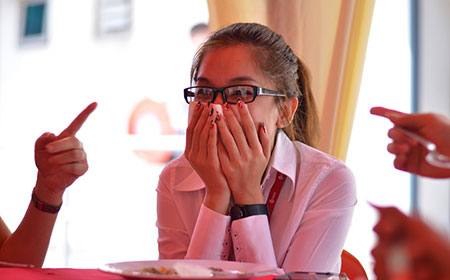
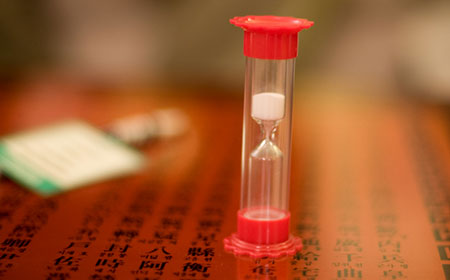
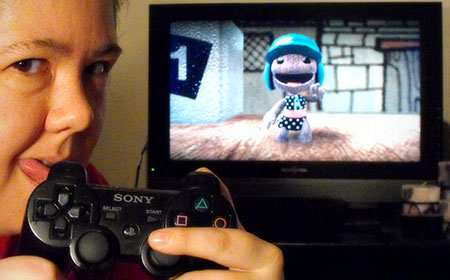


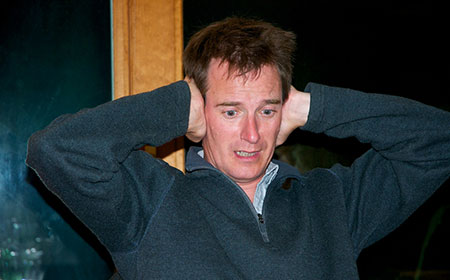
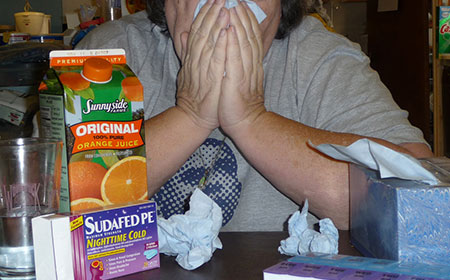
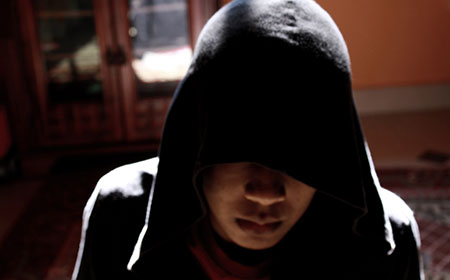
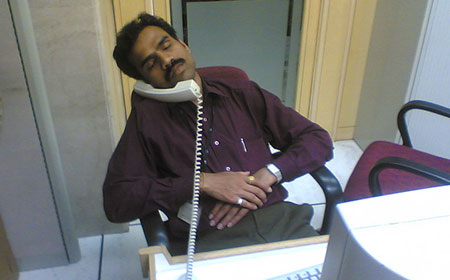



 When one looks closely, the process of transformation does not appear to be fun. How often do we wax poetic about transformation, using the caterpillar to butterfly metaphor and forget to mention that the caterpillar retreats into its cocoon to digest itself from the inside out (temporarily becoming a soupy mush and letting its body die) before it emerges a gorgeous winged creature? And what about those scenes from movies like
When one looks closely, the process of transformation does not appear to be fun. How often do we wax poetic about transformation, using the caterpillar to butterfly metaphor and forget to mention that the caterpillar retreats into its cocoon to digest itself from the inside out (temporarily becoming a soupy mush and letting its body die) before it emerges a gorgeous winged creature? And what about those scenes from movies like